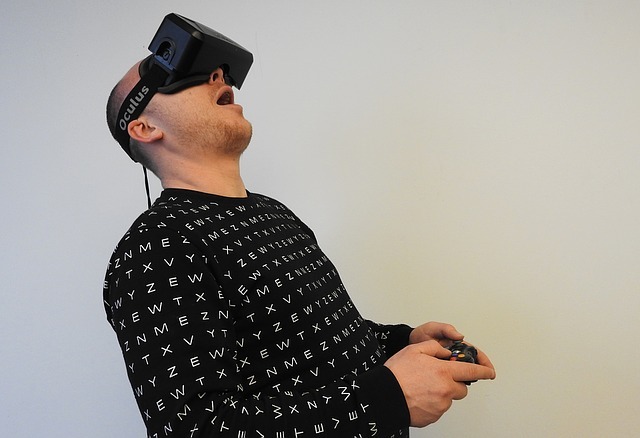
The global online gaming market has been on an upswing for several straight years now, and these changes can be attributed to positive developments in the niche as well as increased awareness among the general public. In 2016, the online gambling market alone was estimated at USD 44.16 billion, and the figure is expected to go north of USD 80 billion by the end of 2020. Even with a margin of error, these are serious numbers. 2017 was a great year for online gaming, and 2018 is expected to be another huge revelation.
So, how will online gaming change in 2018?
The proliferation of VR
While still in its infancy, VR is vogue. With the right kind of hardware and software, players are being ‘teleported’ from their couches at home to a casino table by means of high definition simulation. Oculus headsets are helping players get a surreal picture of their simulated gaming environment, and 2018 is expected to be the year this technology goes mainstream. Granted, the pieces of hardware required here are quite expensive, but the belief is that decreasing manufacturing costs will drive the prices down as well.
A shift toward cryptocurrency payments
Online casino platforms are looking to capitalize on the cryptocurrency craze in a major way. More and more of these outlets are now open to players using bitcoin and other digital currencies as a mode of payment at the tables. They are also open to the idea of making payouts with the same currencies.
This shift is a welcome breakthrough, as it addresses issues such as transaction fees and keeps the identities of players sealed. In addition to that, transaction speeds tend to be faster with crypto as compared to credit cards, which is a big plus for players and operators. 2018 will continue to see this uptick in adoption of these digital currencies by online gaming outlets.
The rise of decentralized ledgers
This is the era of the blockchain, and there is the expectation that the adoption of digital technologies will go a long way beyond just payments. Today, there are entire blockchains that have been built for online gaming. Take for instance, Funfair. This decentralized blockchain has been designed with online casino businesses in mind. The protocol allows users to start online casinos within a very short time.
This is done in a way that cuts costs and brings industry players (gamers, developers, operators, affiliates, investors) to the same roundtable. The result is a better user experience for the gamers, lowered costs for operators and protections for developers. On top of that, Funfair offers its own token, FUN, which can be used as the default mode of payment in these casinos. The good news is that if you’re rusty or new to online gambling, online casino education is readily available.
Technology is the driving force behind online gaming, and this can only be good for the industry. For the professional gamer, there is the guarantee of better information, more accurate predictions and great user experience. For the casual gamer, there is ease of access to the range of games and modes of payment available out there.
